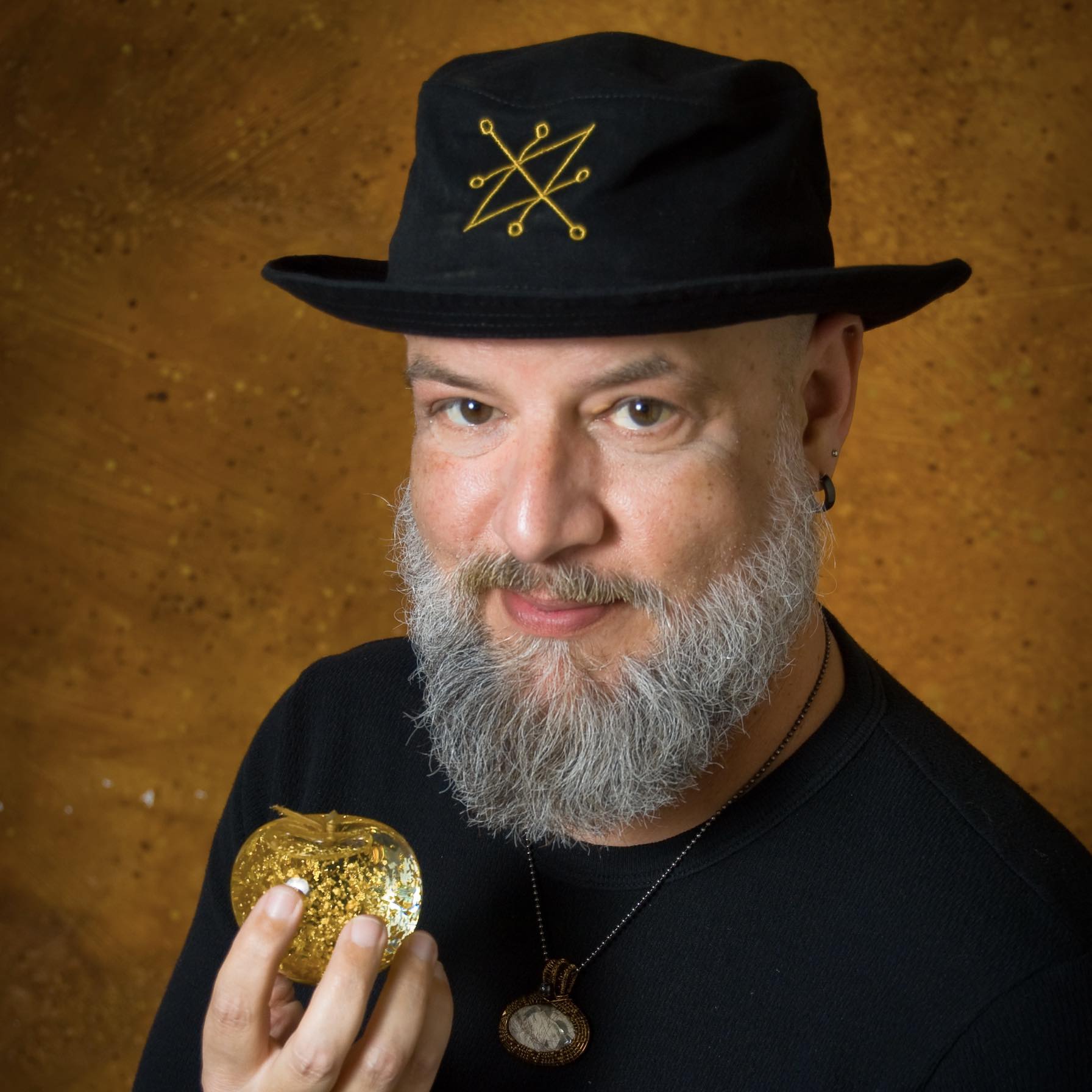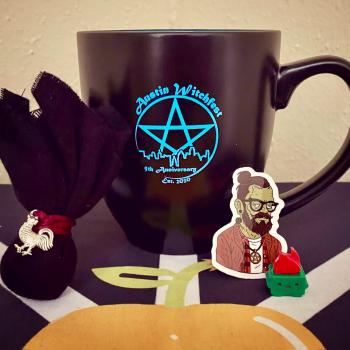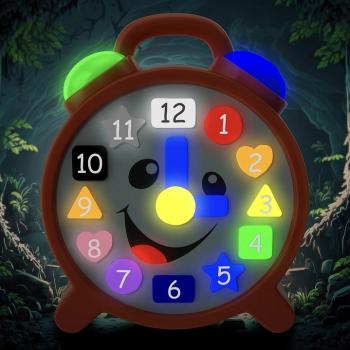Look, I know they mean well. I really do, and I don’t fault them. But whenever I talk about how I can’t read Tarot, and that the reason I have any divinatory skill is because I took the time to experiment and explore and uncover the methods outside of Tarot that work best for me, some random, pure-hearted Witch will reply, with their entire chest, “You just haven’t found the right deck.”
At which point I am forced to reiterate that the right deck for me is no deck at all.

My first occult teacher was borderline obsessed with Tarot, which, for me, meant bracing against a big-ass crash course on the subject: exercises, meditations, reference sheets, the works. And I tried my hardest, but I just couldn’t get into it. Tarot didn’t speak to me — neither literally nor figuratively. For a long time, I had it in my head that I did indeed need to find the right deck, but numerous decks later, I still hadn’t made any progress.
This was a frustrating period of my life. Every Witch I looked up to knew how to read Tarot, so it stood to reason that I should, too. Except I didn’t have any talent for it, nor did I have the budget to keep buying new decks in the hopes that one of them would click. As irrational as it sounds, I worried that I wouldn’t amount to much of a Witch if I couldn’t develop some kind of competency with the cards, since Witchcraft and Tarot seemed (at least to me) so inextricably linked.
And then, quite by chance, I discovered geomancy, and divination suddenly made sense. The geomantic figures did speak to me — loudly at times — and with a little practice, I found that I could coax a truly ridiculous amount of information out of them. The same thing happened when I got interested in lithomancy: The stones told stories I could understand, and that I could interpret clearly for other people.
Most importantly, geomancy and lithomancy both fascinated me, and anything I learned about those disciplines made me want to dig deeper and learn more. ADHD aside, Tarot never grabbed my attention like that. In taking a step back, I also noticed that even if every Witch around me seemed to have working knowledge of Tarot, it was rarely their go-to system: Runes, playing cards, and pendulums appeared in their hands way more often than the Major Arcana.

I am not knocking Tarot, by the way. For literal centuries, occultists have gotten phenomenal results from working with it, and that is awesome. I am just not one of those people. And I am at peace with that, so it doesn’t really bug me when other Witches unintentionally throw shade at me about it. But they are reinforcing the unstated notion that Tarot is somehow better or more correct than other forms of divination, and while it’s not going to stop me from making dots or throwing rocks, I do worry about the impact that attitude might have on newer Witches. Especially those who struggle with Tarot and haven’t yet been exposed to the many, many fortune-telling alternatives out there.
Part of the issue comes from the false consensus effect, a cognitive bias by which people see their individual beliefs and preferences as universal. In other words, a given Witch loves reading Tarot, which leads them to assume that all Witches love it. Any Witch they encounter who doesn’t is met with some permutation of disbelief or pity.
But the main influence, I think, comes from something akin to white knight syndrome — a tendency or compulsion to place more importance on the desire to be of assistance, and less on the needs of the people requiring assistance. So in my case, I say, “I don’t read Tarot, because…” and a bunch of Witches yell, “I CAN HELP,” without waiting for me to finish the thought.
It’s honestly a bigger obstacle that consistently crops up throughout Pagandom, not just in the soothsaying corners. And it’s commendable that we want to be of service to our fellow Witches, but if we get so caught up in identifying as helpful that we fail to pick up on exactly how to be helpful, we’re not really being of service to anyone.

Before offering unsolicited direction, take a moment to read the room. Someone says they can’t read Tarot? Okay. Do they want to learn? If the answer is “yes,” great! Fire away with the book recommendations and training decks.
And if the answer is “no,” also great! Ask them if there’s a system of divination that does interest them, then ask if they’re willing to give you a reading. I guarantee that an opportunity to demonstrate their abilities will be far more valuable to them than any advice that comes to mind.


















